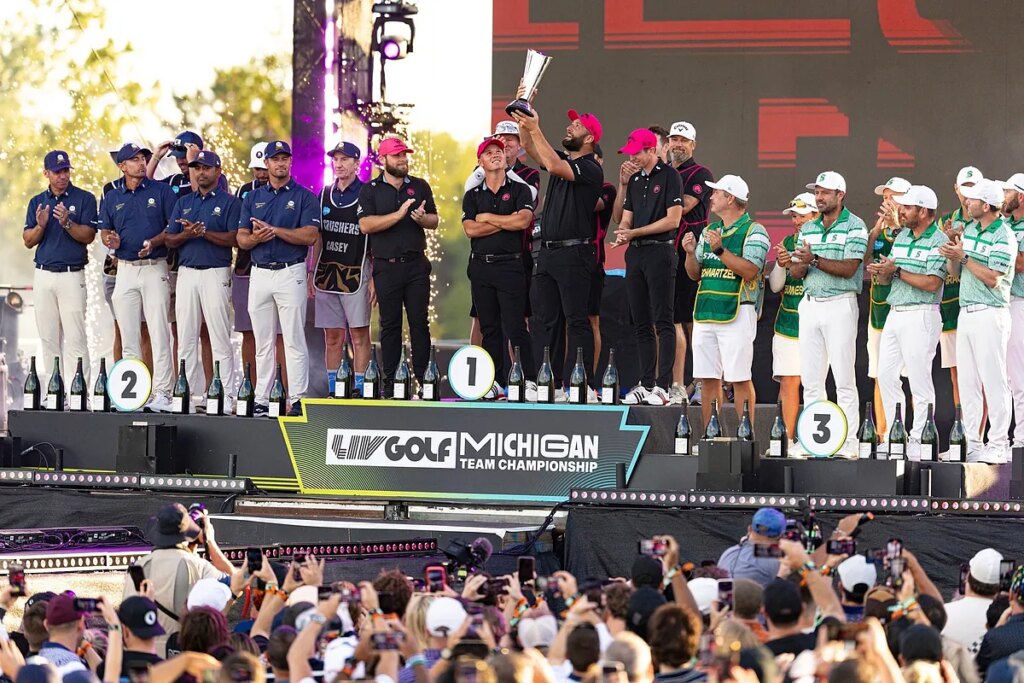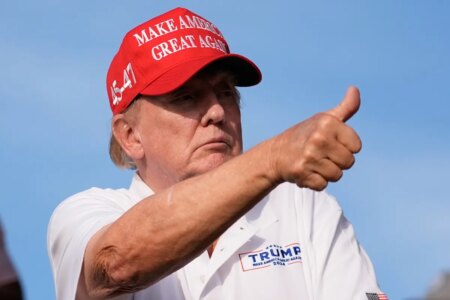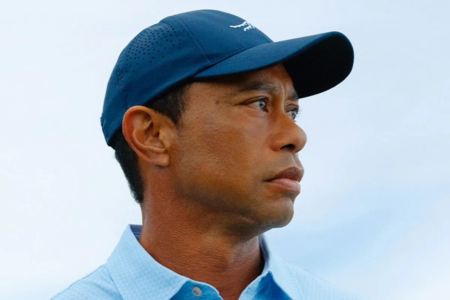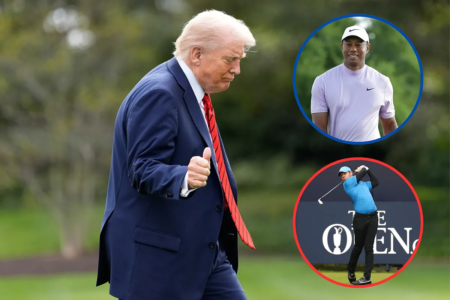LIV Golf, the breakaway golf league backed by Saudi Arabia’s Public Investment Fund (PIF), continues to generate significant buzz even after four seasons of competition.
While the league hasn’t quite managed to reach the global fanbase or viewership of the PGA Tour, it has still managed to attract a dedicated audience, especially thanks to high-profile players like Bryson DeChambeau and Jon Rahm.
Despite a reported loss of $1.4 billion, President Donald Trump believes LIV Golf’s future remains secure, largely due to the financial backing and strategic interests of its Saudi investors.
The role of Saudi Investment in LIV Golf’s longevity
Trump’s confidence in LIV Golf’s survival isn’t unfounded. During a recent conversation with golf analyst Brandel Chamblee, Trump discussed his take on why the controversial league will persist, despite its losses. According to Chamblee, Trump explained that the head of PIF, Yasir Al-Rumayyan, has a deep passion for golf that rivals even the most dedicated enthusiasts.
“Yasir loves golf more than you and I do,” Trump told Chamblee, who found it hard to believe considering his own passion for the sport.
Trump’s optimism about LIV Golf stems from a critical geopolitical and economic reality: Saudi Arabia’s vast wealth, primarily derived from oil, is not sustainable in the long run.
With Vision 2030, the country is looking to diversify its economy by investing in sectors like tourism, technology, and entertainment, golf being an integral part of that transition. The sheer financial resources of PIF, estimated to be worth trillions of dollars, ensure that LIV Golf won’t be abandoned anytime soon.
Challenges for LIV Golf’s credibility and growth
However, Trump’s bullish outlook is tempered by the challenges LIV Golf faces in winning the respect of the broader golfing community. Chamblee emphasized that for LIV Golf to be taken seriously, it will need to go beyond simply hosting lavish tournaments.
He suggested that the league might need to invest in developing young players through a Q-school, support women’s golf, and foster grassroots golf initiatives within Saudi Arabia. Additionally, making strides in improving the country’s policies on human rights could help shift Western perceptions of the league’s involvement.
In early 2025, Trump attempted to mediate a potential resolution between LIV and the PGA Tour. Reports suggested he hosted a private White House meeting involving PGA Commissioner Jay Monahan, Tiger Woods, and Yasir Al-Rumayyan, aiming to explore a possible merger.
But talks quickly hit a snag. The PGA reportedly valued LIV at only $500 million, a figure Saudi officials found insultingly low considering the $5 billion already invested. That disagreement appeared to stall negotiations.
With Brian Rolapp now leading the PGA Tour, the organization has shifted focus to solidifying its own direction rather than entertaining a merger. Meanwhile, LIV continues to operate independently, hosting events worldwide with the backing of major stars and Saudi capital.
Despite the friction, Trump remains convinced that a compromise is not only possible but inevitable. “There’s a way forward,” he claimed, “but both sides need to think beyond today and plan for the next 50 years.”
Whether LIV and the PGA eventually converge or continue down separate paths, one thing is clear: the future of golf is no longer just about birdies and bogeys, it’s about boardrooms, billionaires, and global power.
Read the full article here










